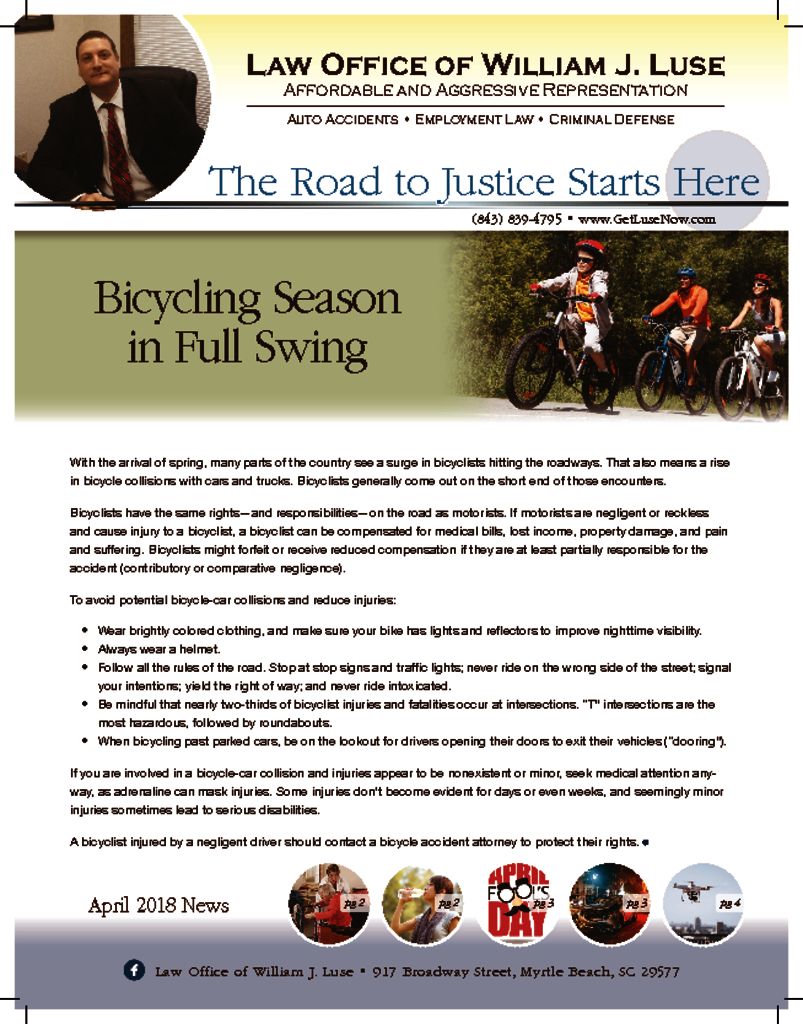Slip and fall accidents have many consequences for the victim, but what happens when it is the natural environment that is to blame in place of a liable person or business? Well, the weather can cause all sorts of mischief, one of which is personal accident and injury. How is this mitigated in litigation processes, and how do people start to heal if the weather was the thing that caused their accident? This guide has all the answers.
How Does Adverse Weather Impact Slip and Fall Accidents?
Adverse weather can strike at any time and any place. There is no way to control it, and people are just at the mercy of what happens as a result of the natural environment. Strong winds, heavy rain, snow, and ice, even fog are all risk factors that reduce visibility and heighten the risk factor. Whether you are traveling around the country or walking about your local area, if badweather strikes, anything can happen. Slips and fall accidents are common outcomes that come about after all these incidents.
What Can Be Done?
There are certain things you just don’t do after an accident takes place, regardless of who or what is to blame. Things like saying it was your fault outrightare never the ideal course of action, so avoid this at all costs because as soon as you accept liability, it completely removes the opportunity for seeking compensation and other legal action too. If you feel like the weather was not the only reason behind your slip or fall, it is important to have a conversation with a specialist attorney to determine the most viable course of action. It is likely that you are facing expensive medical bills, and maybe even time off work as a result of the injuries, so anything that can be done to support you is worth the exploration.
Adverse Weather Makes Claiming Compensation More Difficult
When the weather is a key player in the event, a claims adjuster may seek out closure based on this fact alone. However, this is not always the best outcome and just because the weather played a supporting role in your accident doesn’t negate the notion that someone else may have also brought the incident about. There are lots of other things to be taken into account like the condition of the surrounding premises, the state of the immediate fall environment (for instance, was there a pothole that the local government has been neglecting?), and the people who were with you when it happened.
It Can Be Used as a Cover Up
If there is someone else to assign blame to, they may be using the weather as a scapegoat so they don’t have to take the fall for any compensation payments in your direction. This is not ideal, because it means you are at risk of losing the case. An attorney will always take the time and invest energy into investigating every little detail.
When the weather is bad, accidents do happen. If you or your loved one has been injured, do not delay seeking legal advice.
Visit our office at 917 Broadway St, Myrtle Beach, SC 29577.
Call now for a free consultation on (843) 839-4795.
 When you pursue compensation for injuries you got in an accident, you file a claim with the insurance company of the person who caused the accident. (In some cases, like when the person who injured you is uninsured, you may have to start by filing a lawsuit to seek compensation for your injuries.) After filing your claim, the insurance company will conduct an investigation into the accident.
When you pursue compensation for injuries you got in an accident, you file a claim with the insurance company of the person who caused the accident. (In some cases, like when the person who injured you is uninsured, you may have to start by filing a lawsuit to seek compensation for your injuries.) After filing your claim, the insurance company will conduct an investigation into the accident. After going through such a traumatic event, like an accident in which you’ve suffered serious injuries, you might feel compelled to post about the accident, your experience, and your injuries on social media. But doing so could hurt your case. Insurance companies and their defense attorneys may review your social media accounts. If they find posts that you’ve made that contradict any statements you’ve made to the insurance company or that show your claim could be exaggerated, they may use that evidence to reduce your compensation or deny your claim outright.
After going through such a traumatic event, like an accident in which you’ve suffered serious injuries, you might feel compelled to post about the accident, your experience, and your injuries on social media. But doing so could hurt your case. Insurance companies and their defense attorneys may review your social media accounts. If they find posts that you’ve made that contradict any statements you’ve made to the insurance company or that show your claim could be exaggerated, they may use that evidence to reduce your compensation or deny your claim outright.




